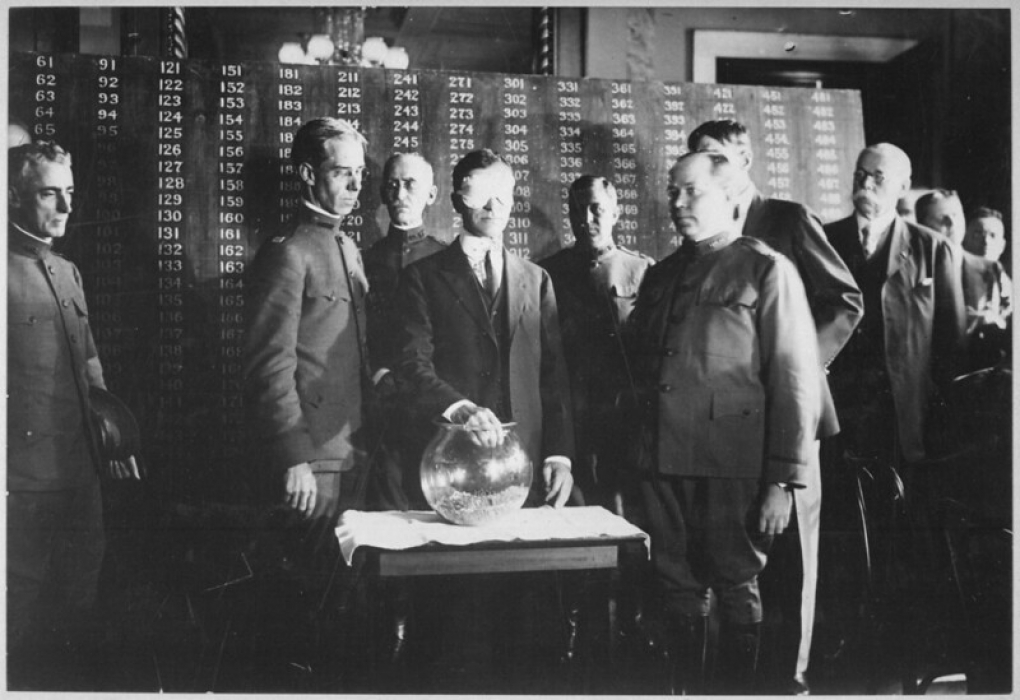In an appeal brought directly to the Supreme Court from a federal district court in Minnesota, the Court held in Sugarman v. United States, 249 U.S. 182 (1919), that an error had not been made in the proceedings leading to the conviction of Abraham L. Sugarman for violating the Espionage Act of 1917.
Sugarman had been convicted for words spoken at at a Socialist meeting that were found to violate a part of the Espionage Act that said, “Whoever, when the United States is at war, shall willfully cause or attempt to cause insubordination, disloyalty, mutiny, or refusal of duty, in the military or naval forces of the United States . . . shall be punished.”
Sugarman argued jury was not given instructions about First Amendment protections
Sugarman had argued that the judge had erred in not giving two specific instructions to the jury: first, the judge had not explained that the First Amendment was in force in wartime as well as in peacetime. And, second, he said the judge had not indicated that the protections of the First Amendment did not exempt individuals from punishment in cases in which they encouraged others to violate the law.
Court said jury understood First Amendment principles
Justice Louis D. Brandeis wrote the Court’s unanimous decision denying that the case presented a substantial federal question.
He pointed out that although the lower-court judge had not adopted the specific language that the defendant had requested in instructing the jury, the judge had indicated both that “the Constitution is . . .in force in times of war as well as in times of peace,” and that “ ‘freedom of speech’ does not mean that a man may say whatever he pleases without the possibility of being called to account for it.”
Brandeis concluded that these words “clearly embodied the substance of the two requests made by the defendant.” He further affirmed that the judge was not “obliged to adopt the exact language of the instructions requested.”
John Vile is a professor of political science and dean of the Honors College at Middle Tennessee State University. He is co-editor of the Encyclopedia of the First Amendment. This article was originally published in 2009.

